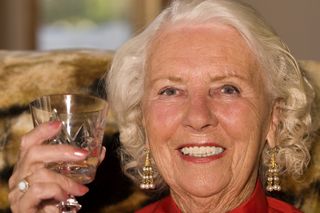We’re taught from an early age that it’s rude to talk about money and no one likes to talk about their own death. Our children hate the conversation , and it's uncomfortable for everyone. But Baby Boomers who have not had conversations with their heirs about estate plans need to start talking, and soon. A recent MarketWatch article, "How to tell your kids how much money you're leaving them," provides excellent guidance to help the process along.
A recent survey found that 72% of parents experience at least some reluctance to discussing financial matters with their children. That's not in anyone's best interest. Disorganization and miscommunication can be costly. The costs can be in dollars, as heirs miss tax deadlines and other opportunities sorting through the files, and in hurt feelings and confusion, as children struggle to understand their parents' decisions.
Here are some ideas for boomers who want to start the process:
 Houston Estate Planning and Elder Law Attorney Blog
Houston Estate Planning and Elder Law Attorney Blog










